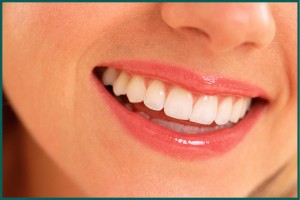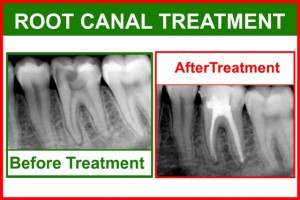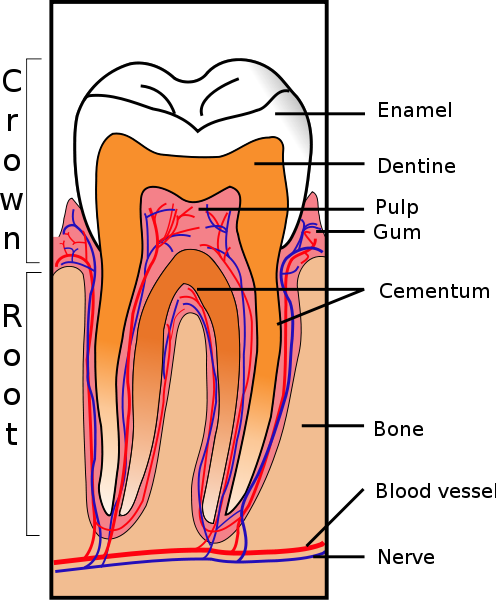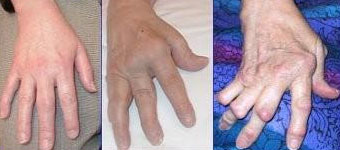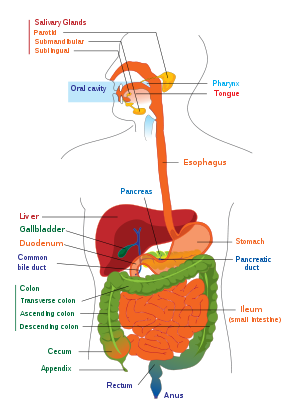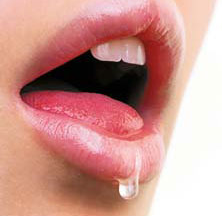Dentistry is a very subjective area where a wide range of treatment such as dental bridge or a post is readily available to suit your needs. This can present challenges for both the dental practitioner and the patient in deciding which treatment option suits the patient best, taking into account the advantages, disadvantages, time and cost required to achieve desired results. As the dental practitioner may have very different opinion as to what is ideal, you being the patient need to clearly express your needs to the dentist and have a good discussion to avoid any misunderstandings and setting down reasonable and realistic expectations.
Why does a tooth needs a dental bridge or a post?
Often when a tooth is very broken down, there are several options to manage such tooth. Not pursuing with treatment is always an option, though always not recommended especially when associated with large areas of dental decay and the potential of infection. Another option is to place pins or post into the tooth. The former consist of small screws that are manually drilled onto the tooth while the later is an alloy post that is cemented into the root canal, hence the tooth will need to have been nerve or root canal treated prior to post insertion. Placement of pins or post will provide more retention and anchorage for the dental restoration. The last option is to extract the tooth. After extraction, a gap will be present and this can be replaced if desired. There are several options to replace a missing tooth, such as bridge, dentures or dental implants. Continue reading
